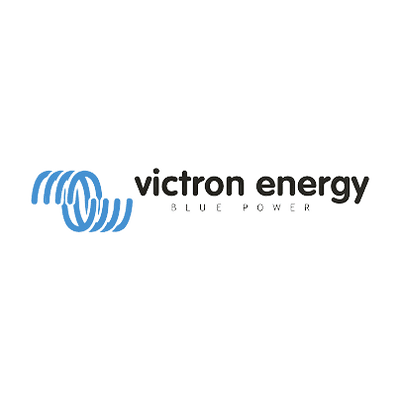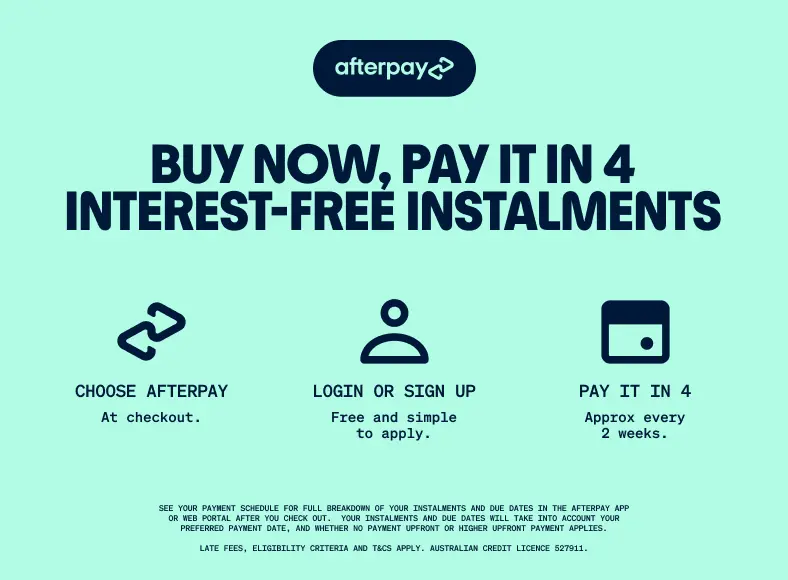BMS12/200 ENGLISH
1.Mount the BMS preferably on a vertical surface, for optimal cooling.
2.Determine the rating of fuse AB (see figure and table 1). The fuse on input AB doubles as a shunt. The BMS will limit the input current according to the rating of this fuse. Choosing the right fuse will prevent overheating of the alternator and/or DC cabling.
3.Determine the rating of fuse LB. This fuse should be rated in accordance with the expected load current and the cross section of the cabling to th load.
4.Disconnect the cabling from the plus pole of the starter battery.
5.Pull off the REMOTE on/off connector to prevent unwanted switching of the BMS.
6.Install and connect all electrical cabling and fuses AB, LB, but leave the plus poles of the Li-ion batteries and starter battery disconnected.
7.Daisy-chain the battery control cables between the Li-ion batteries and connect to the BMS.
8.Connect the plus cabling to the Li-ion batteries and the starter battery.
9.Reinsert the REMOTE on/off connector on the BMS. The BMS is now ready for use.
Notes:
a) A battery charger can be connected to input AB instead of the alternator.
b) The Li-ion batteries can be charged as well as discharged through input/output LB.
c) When a load with a large electrolytic capacitor bank (such as an inverter or inverter/charger rated at 1200VA or more) is connected to LB, the BMS will limit its average output current during start-up to approximately 80A. Therefore the capacity to simultaneously start-up other DC loads is limited to 80A. Once the capacitor bank is fully charged, the current limit increases to 400A.
BMS 12/200 specification
Maximum number of 12,8V batteries
10
Maximum charge current, Power Port AB
80A@40°C
Maximum charge current, Power Port L
200A@40°C
Maximum continuous discharge current, LB
200A @ 40°C
Peak discharge current,LB (shortcircuitproof)
400A
Approximate cut-off voltage
11V
GENERAL
No load current when operating
10mA
Current consumption when switched off
5mA
Current consumption after battery discharge
cut-off due to low cell voltage
3mA
Operating temperature range
-40 to+60°C
Humidity, maximum
100%
Humidity, average
95%
Protection, electronics
IP65
DC connection AB, LB and battery minus
M8
DC connection battery plus
Faston female
6.3 mm
LED’s
Battery being charged through Power Port AB
green
Battery being charged through Power Port LB
green
Power port LB active
green
Over temperature
red
ENCLOSURE
Weight (kg)
1,8
Dimensions (hxwxd in mm)
65 x 120 x 260
STANDARDS
Emission
EN 50081-1
Immunity
EN 50082-1
Automotive Directive
2004/104/EC
| SKU | BMS012201000 |
|---|---|
| Barcode # | 8719076021025 |
| Brand | Victron |
| Shipping Weight | 1.8000kg |
BMS12/200 ENGLISH
1.Mount the BMS preferably on a vertical surface, for optimal cooling.
2.Determine the rating of fuse AB (see figure and table 1). The fuse on input AB doubles as a shunt. The BMS will limit the input current according to the rating of this fuse. Choosing the right fuse will prevent overheating of the alternator and/or DC cabling.
3.Determine the rating of fuse LB. This fuse should be rated in accordance with the expected load current and the cross section of the cabling to th load.
4.Disconnect the cabling from the plus pole of the starter battery.
5.Pull off the REMOTE on/off connector to prevent unwanted switching of the BMS.
6.Install and connect all electrical cabling and fuses AB, LB, but leave the plus poles of the Li-ion batteries and starter battery disconnected.
7.Daisy-chain the battery control cables between the Li-ion batteries and connect to the BMS.
8.Connect the plus cabling to the Li-ion batteries and the starter battery.
9.Reinsert the REMOTE on/off connector on the BMS. The BMS is now ready for use.
Notes:
a) A battery charger can be connected to input AB instead of the alternator.
b) The Li-ion batteries can be charged as well as discharged through input/output LB.
c) When a load with a large electrolytic capacitor bank (such as an inverter or inverter/charger rated at 1200VA or more) is connected to LB, the BMS will limit its average output current during start-up to approximately 80A. Therefore the capacity to simultaneously start-up other DC loads is limited to 80A. Once the capacitor bank is fully charged, the current limit increases to 400A.
BMS 12/200 specification
Maximum number of 12,8V batteries
10
Maximum charge current, Power Port AB
80A@40°C
Maximum charge current, Power Port L
200A@40°C
Maximum continuous discharge current, LB
200A @ 40°C
Peak discharge current,LB (shortcircuitproof)
400A
Approximate cut-off voltage
11V
GENERAL
No load current when operating
10mA
Current consumption when switched off
5mA
Current consumption after battery discharge
cut-off due to low cell voltage
3mA
Operating temperature range
-40 to+60°C
Humidity, maximum
100%
Humidity, average
95%
Protection, electronics
IP65
DC connection AB, LB and battery minus
M8
DC connection battery plus
Faston female
6.3 mm
LED’s
Battery being charged through Power Port AB
green
Battery being charged through Power Port LB
green
Power port LB active
green
Over temperature
red
ENCLOSURE
Weight (kg)
1,8
Dimensions (hxwxd in mm)
65 x 120 x 260
STANDARDS
Emission
EN 50081-1
Immunity
EN 50082-1
Automotive Directive
2004/104/EC
| SKU | BMS012201000 |
|---|---|
| Barcode # | 8719076021025 |
| Brand | Victron |
| Shipping Weight | 1.8000kg |





 More info
More info



















